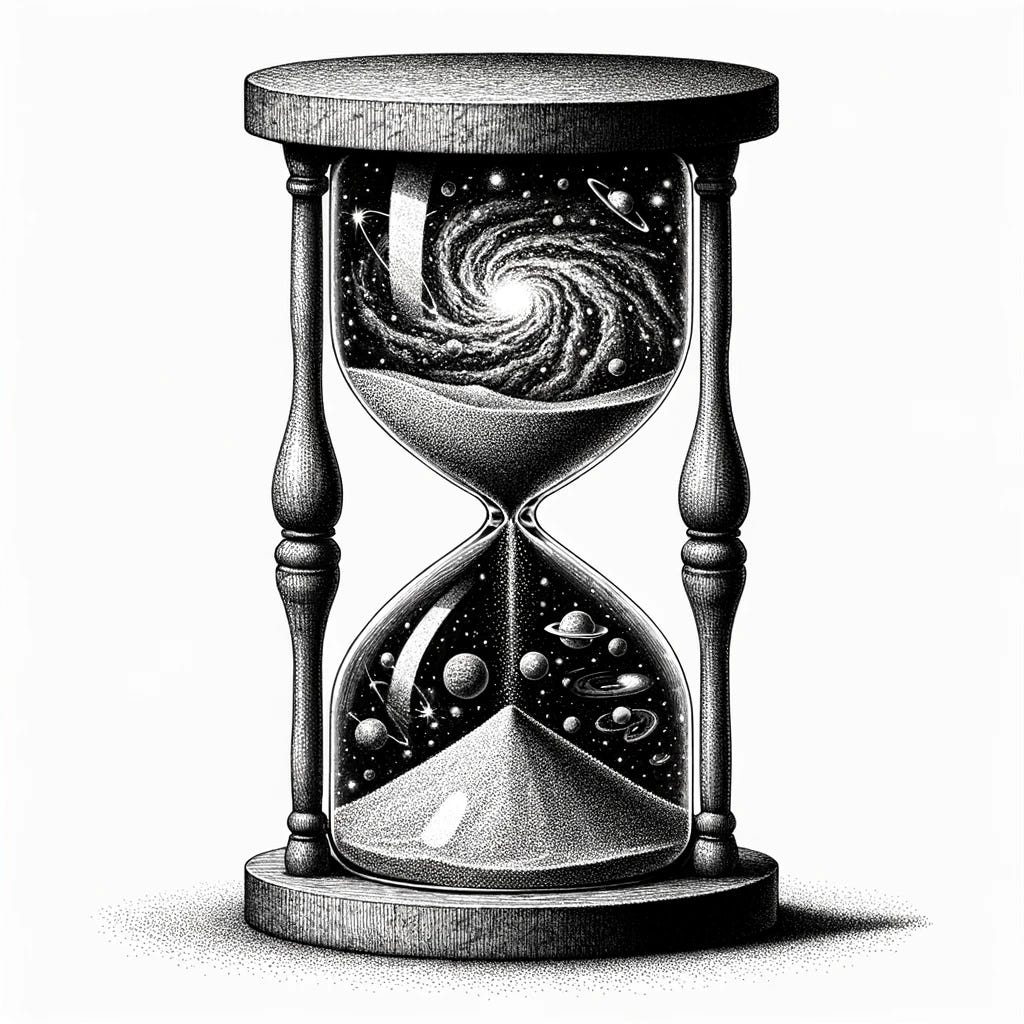Deep Time
When we humans experience time, we tend to see things in terms of the common units we use to measure time: seconds, minutes, hours, days, weeks, months, and years.
It’s possible for us to think in decades, too, especially once we have a few of those under our belts! Anything beyond decades becomes considerably tougher, though, since nobody we know of has lived for more than 122 years.
Even still, the longer you’ve lived, the more you can personalize the passage of time. You can make sense of a centuries to a degree, considering that a century is about one potential human lifespan, give or take a few decades. There does come a limit, though, as you approach multiple centuries, and this idea of how much time has passed becomes very fuzzy.
Imagining a millennium is difficult enough, but for where we’re going, we need much, much longer time spans. We’re going to need to contemplate time not in the hundreds of years, but in the billions. A billion is ten million times longer than a century…



